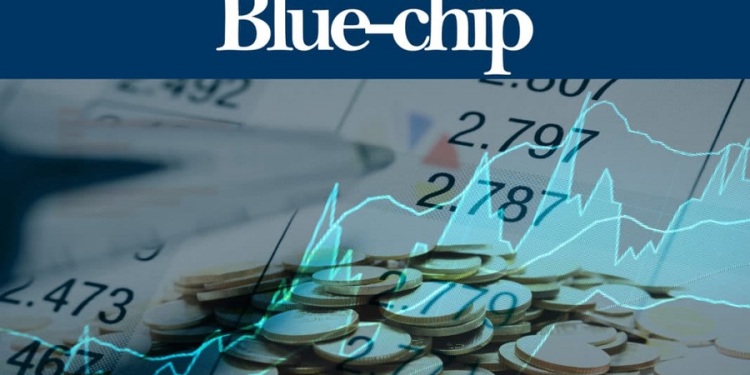Nigeria battled with an unprecedented level of inflation rate in 2022, with the headline rate climbing to a 17-year high of 21.47% in November, after 10 months of successive increases.
Nigeria’s inflation rate averaged 18.53% between January and November 2022, compared to 17.1% recorded in the corresponding period of 2021.
This was further exacerbated by the depreciation of the exchange rate, both at the official and parallel markets.
Specifically, the naira weakened against the US dollar by 5.7% and 23.1% to close at N461.5/$1 and N735/$1 at the I&E window and the black market respectively.
The twin effect of a high inflation rate and exchange rate depreciation piled more pressure on consumer spending and purchasing power whilst constraining investment vehicles, with many of the investment portfolios hardly beating the inflation number.
How the equities market performed: The Nigerian equities market rallied by 19.98% in 2022, higher than the 6.07% recorded in the previous year. Compared to the 11-month inflation rate average, this represents a positive real return of 1.45% for the year.
- The NGX main board index gained 33.18% in the review year, an indication of a positive real return of 14.62%. Although, the NGX 30 index, which tracks the performance of the biggest companies in the exchange only printed an annual return of 6.98%, largely below the inflation rate.
- Similarly, the premium index only recorded a positive growth of 13.14% in the review year, a performance that fell short of the inflation numbers.
Meanwhile, some blue chip companies were able to outpace the inflation rate, printing high double-digit returns in the year under review. Nigeria’s blue-chip stocks also referred to as NSE 30 stocks are known primarily for being the most capitalized Stocks on the Nigerian stock market and with the highest liquidity.
How the companies performed: The analysis by Nairalytics – the research arm of Nairametrics, highlighted two companies in the banking sector, four consumer goods companies, a telecommunication firm, one from agriculture, logistics service, and industrial goods respectively, and two in the oil and gas sector.
- Notably, fourteen (14) of the blue chip companies printed gains above the 2022 inflation rate, while thirty-six (36) companies in the Nigerian Stock market outperformed inflation in the year under review.
- Wema Bank led the list with an annual return of 441.7%, having recorded impressive financial performance during the year, enough to rank in Nairametrics’ best-performing banks in the first half of 2022. You can read the ranking here.
- PZ Cussons and Guinness Nigeria followed with 86.1% and 77.7% gains. Interestingly, Airtel Africa has surpassed the likes of MTN and Dangote Cement to become the most capitalized company in the Nigerian market gaining 71.2%, being the only telco on the list.
- BUA Foods, which was listed on the main board of the NGX in January at N40 per ordinary share, closed the year at N65, representing a gain of 62.5% for the year.
- Fidelity Bank also printed an annual return of 70.6% in the stock market, following its third position in Nairalytics’ best-performing commercial banks in the third quarter of the year.
- Others with impressive returns for the year include NAHCO (+71.1%), Seplat (+69.2%), Presco (+56.6%), BUA Cement (45.8%), Fidson (+44.7%), Ardova (+41.5%), United Capital and Cadbury with annual returns of 41.4% and 35.2% respectively.
Why this matter: There are several investment vehicles such as fixed-income assets, mutual funds, ETFs, and equities amongst others, which invest allocate their funds depending on the kind of investor and the motive for such investments.
- However, equities investors are in most cases for capital appreciation rather than capital preservation, hence always look out for stocks that are undervalued with the potential to appreciate, dividend-paying stocks, or company stocks that have strong fundamentals.
- In doing this, investors company these returns to the inflation rate, the ensure that they do not lose their funds, despite aggregate returns on investment suggesting otherwise. Hence, the need to track the performance of companies in relation to the inflation rate.
